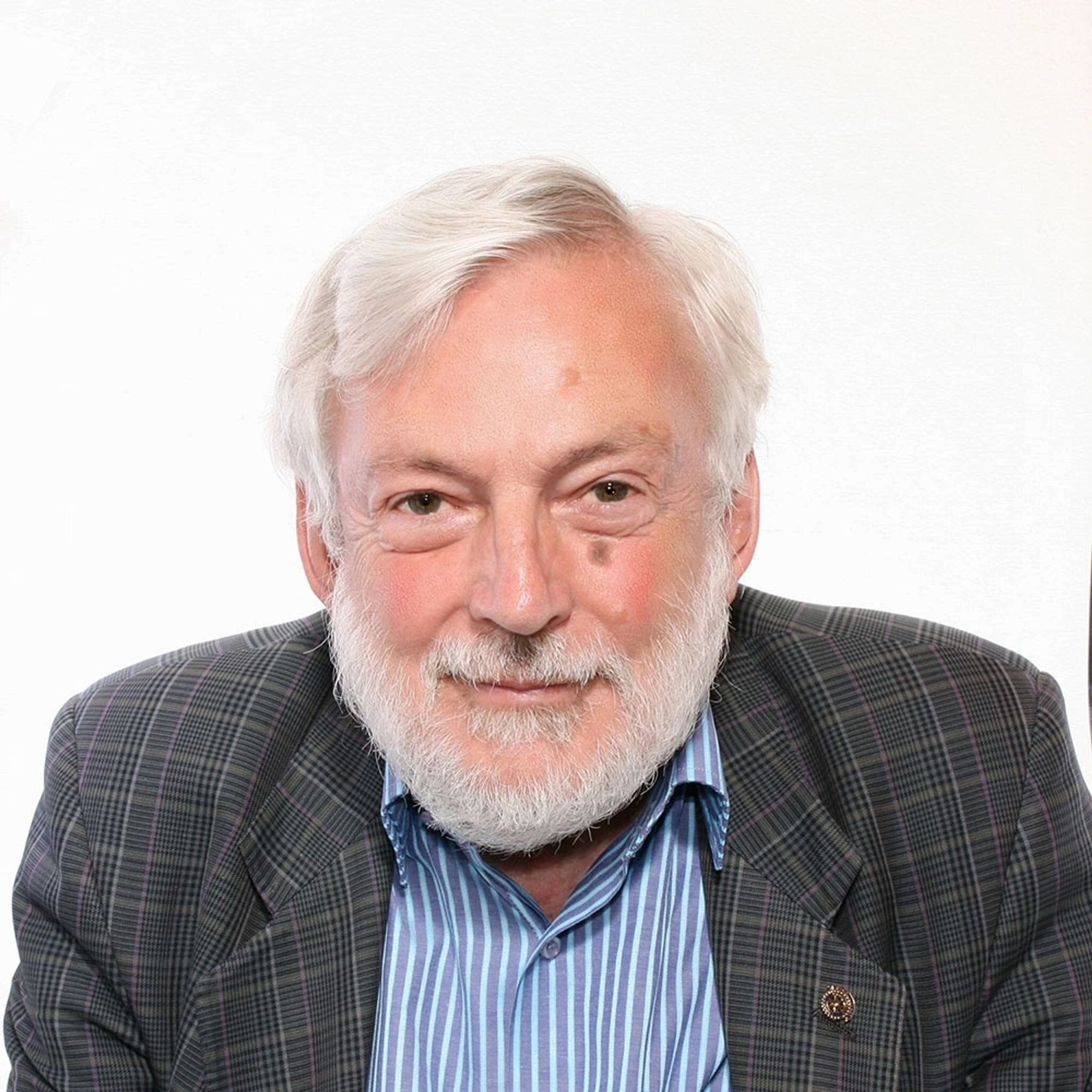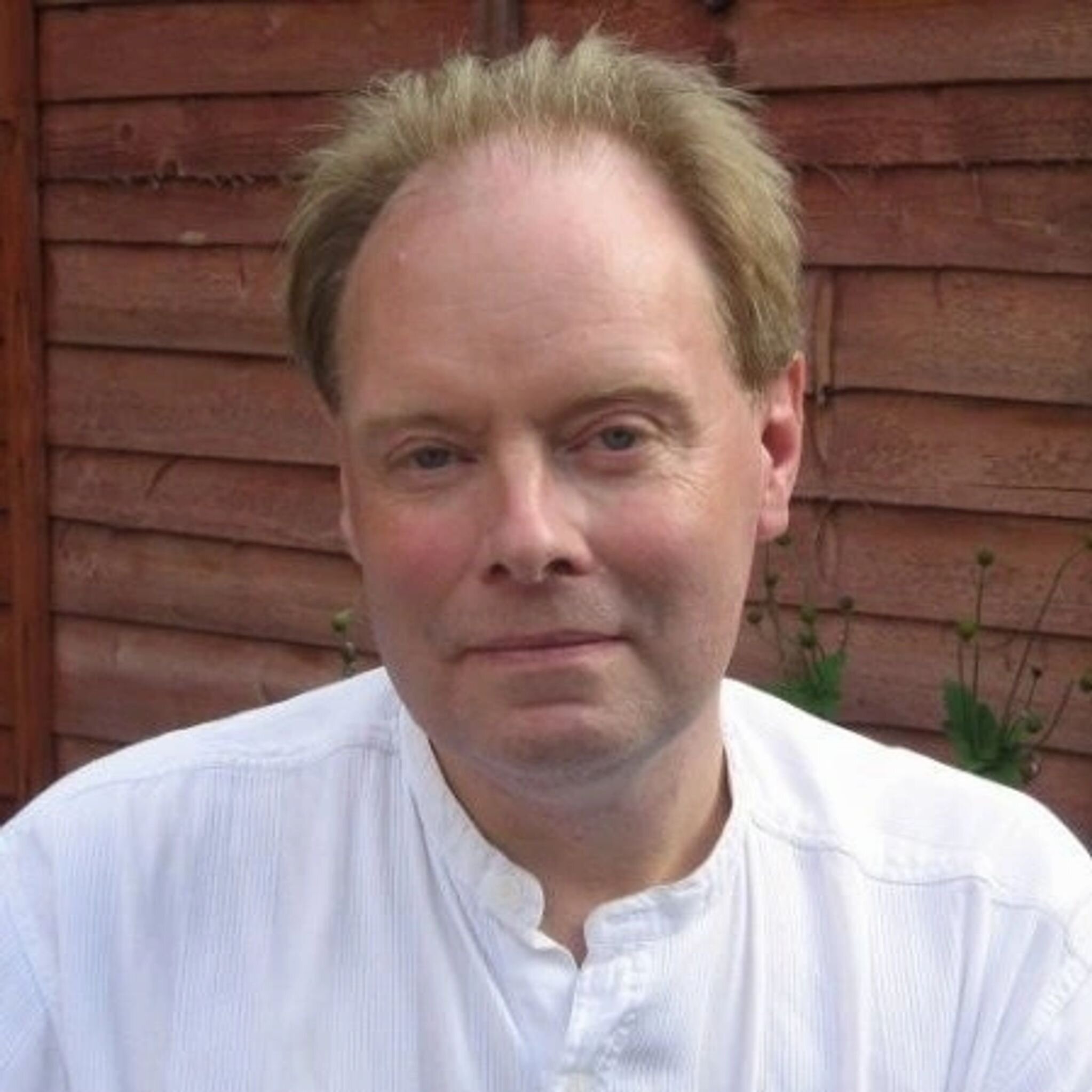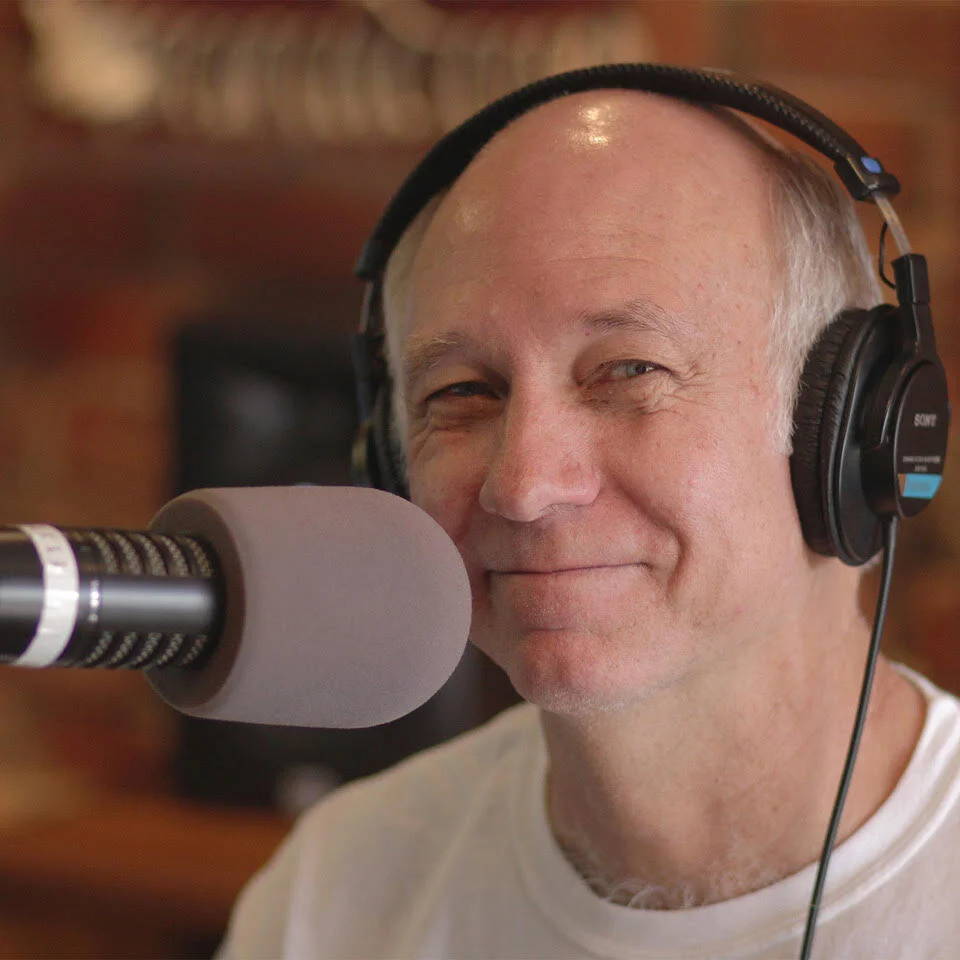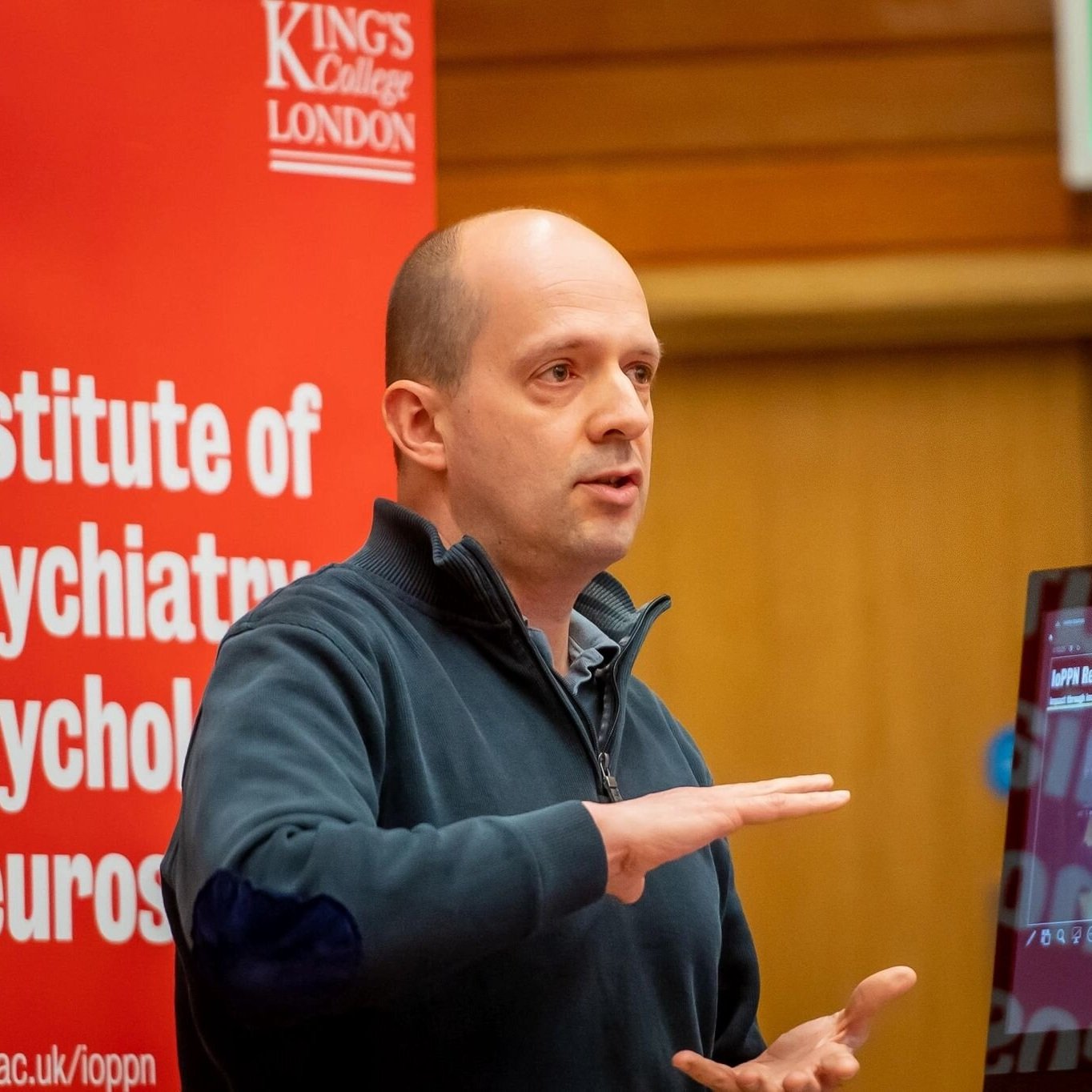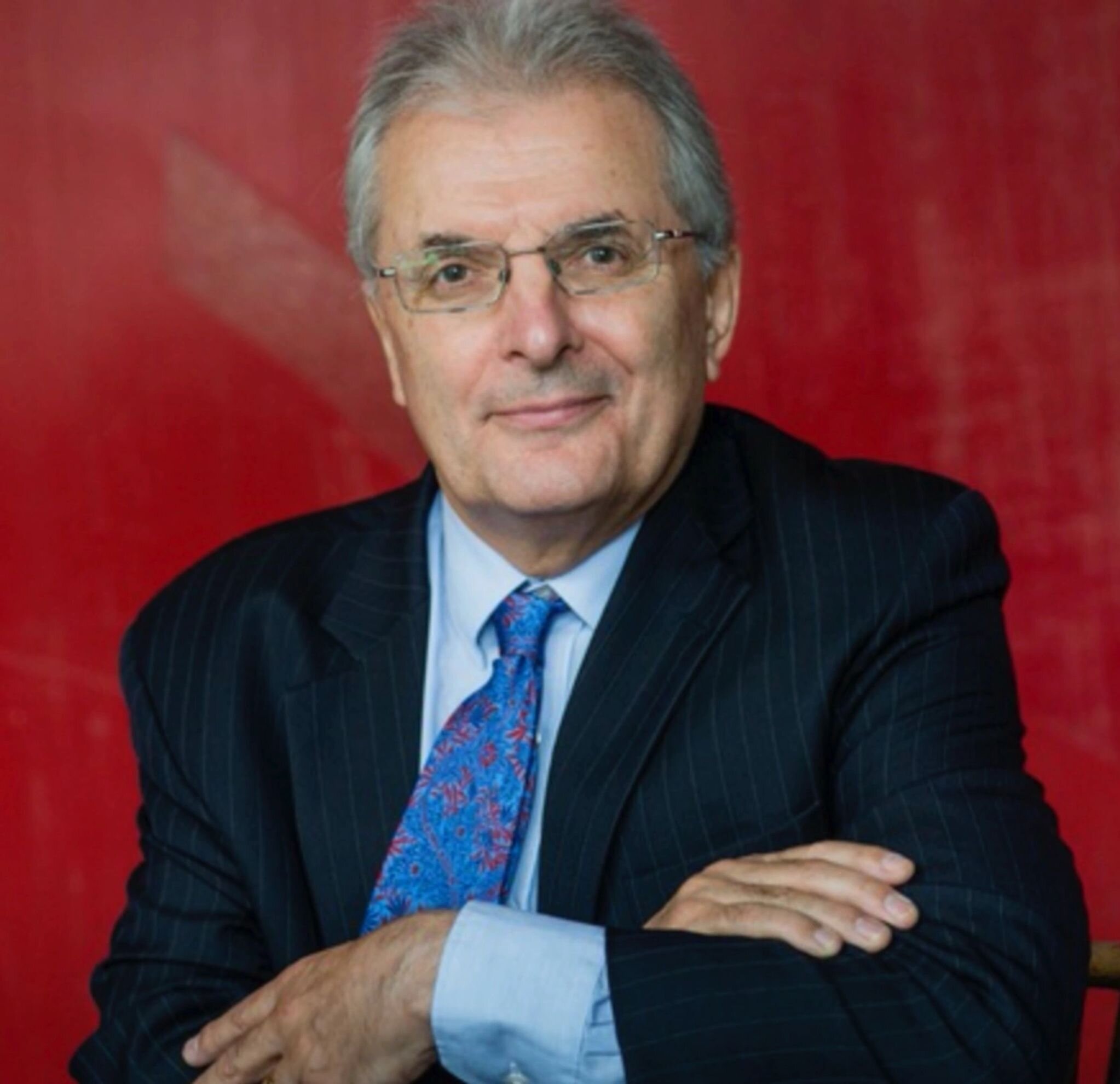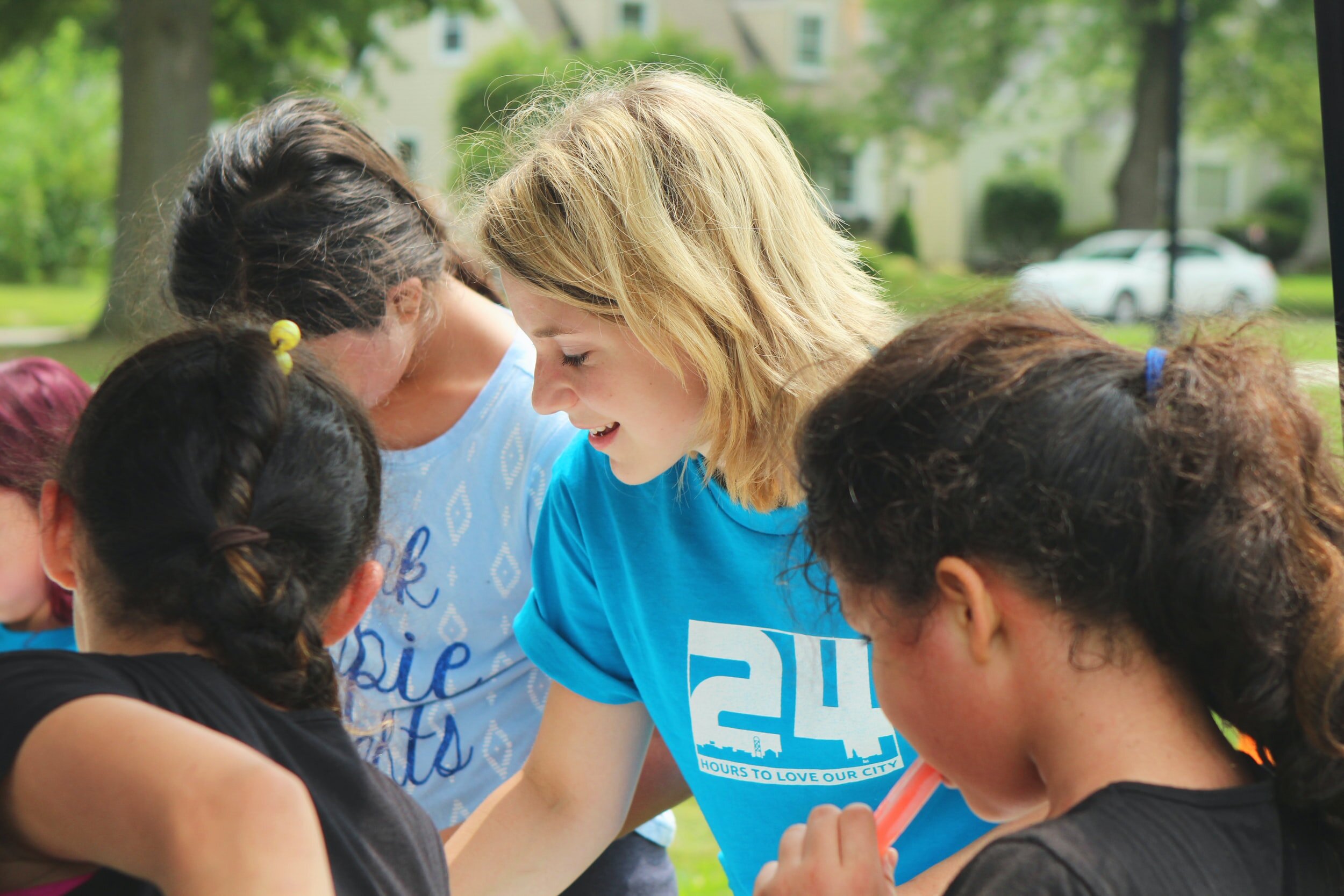
The Scientists Warning Europe Team
The Scientists Warning Europe team is made up of passionate professionals from across the globe. We come from a variety of backgrounds but we share a common goal and a mission that drives us:
To do what we can to protect the planet and the living environment, and all who live upon it, for future generations.
We have heard the Warnings, and we are taking action.
Meet the team (click below to jump to section):
Core Team | Board Members | Communications Advisory Panel | Scientific Advisory Panel
The Core Team
Edmund Gemmell.
Managing Director.
Ed passionately believes that action to protect the climate is needed now based on the indisputable science.
He sees awareness of the three Scientists Warnings and the fact they are signed by tens of thousands of scientists as vital in stimulating that action. After reading the first two warnings Ed sat outside the houses of parliament on 22 July 2019 and read 20,000 of the signatories’ names over the course of 14 hours while streaming live to Facebook.After undertaking his own ecological conversion Ed founded No Disposable Cup Day and Believers Action on Climate Change. He then stood in the 2019 General Election as an independent candidate with only one policy to reverse climate change.
As a parish councillor Ed was instrumental in Hazlemere Parish Council making a Climate Emergency Declaration. Ed is a member of Friends of the Earth, a regular speaker, ex-army officer and city lawyer and owner of his own marketing business bringing with him a wide variety of skills to the role of Managing Director for Scientists Warning Europe.
Will Saunders.
Director.
Will is a creative designer, climate activist and a self-described “reluctant environmentalist” who specialises in brand strategy and visual identity design for social enterprises, environmental organisations and sustainable businesses who put purpose over profit.
After 15 years in the creative industry, Will decided to use his skills for something more meaningful and redesigned his business - launching an ethical design agency to equip his clients with creative tools and brand mindset needed for them to achieve their goals and build support for the causes that matter most.
Will provides strategy, marketing, creative design for the Scientists Warning Europe team.
Brian McGavin.
Director.
Spending much of his career working in a multi-media environment, Brian now dedicates his time as a writer and environmentalist on campaign outreach.
Bill Dowling.
Now retired as a Chartered Mechanical Engineer in the Defence and Aerospace business. Bill first got involved with Scientists Warning after meeting up with Stuart Scott at a Population Matters event, shortly after the issue of the Second Warning in 2017. During the 1990s to 2005 Bill was much involved with Friends of the Earth; becoming seriously concerned in the 2000s about the ongoing high human population growth and its adverse effects to all lifeforms on this planet. An introduction to Population Matters (formerly Optimum Population Trust) at a FoEI conference circa 2003, led to persistence and eventual success in promoting this problem onto the FoEI Board's Agenda as a huge contributor to their consecutive campaigns. Bill’s overwhelming interest towards the population problem led him to join the OPT in 2008 and remained a member when it morphed into Population matters in 2011, where he remains a supporting member.
The extremely important issues exemplified by the Second Warning and the Climate Emergency warning have long been in Bill’s interests, and with two young grandchildren, he strongly feels his best place to be right now is heavily involved with the core team in Scientists Warning Europe.
Tash Morgan-Etty
Tash is a purpose-driven copywriter and brand messaging strategist.
She has over 15 years’ experience creating strategic messaging for a variety of audiences. She has worked on numerous large-scale international-format TV productions, and in print media, corporate communication, marketing, and branding.
Having spent many hours barefoot in the African bushveld as a child, Tash is passionate about the natural environment.
Through copywriting and storytelling, she now supports sustainable and ethical brands, helping them to grow from a seed of an idea into a fully flourishing customer magnet. She does the write thing so you can do the right thing.
Tash supports Scientists Warning Europe by coordinating written content and translations and creating and editing copy.
Peter Wadhams.
Peter Wadhams is professor of Ocean physics, and Head of the Polar Ocean Physics Group in the Department of Applied Mathematics and Theoretical Physics, University of Cambridge.
Peter's first degree was a BA (Hons.) in Physics at Churchill College, Cambridge. While at college he was an assistant on the "Hudson-70" Expedition, an 11-month Canadian cruise which accomplished the first circumnavigation of the Americas. This included multidisciplinary oceanographic and marine geophysical work in South Atlantic, Antarctic, Chilean fjords, S and N Pacific, Beaufort Sea and NW Passage.
From 1970-74 he studied for a PhD at the Scott Polar Research Institute, University of Cambridge on "The effect of a sea ice cover on ocean surface waves". His PhD was awarded in April 1974. From 1974-75 Peter was a postdoctoral fellow at the Institute of Ocean Sciences, Victoria, B.C., Canada, working on sea ice structure and dynamics in the Beaufort Sea and the impact of oil spills.
In January 1976 Peter returned to Scott Polar Research Institute, University of Cambridge, initially as a Senior Research Associate (Principal Investigator for Office of Naval Research). From 1981 he was an Assistant Director of Research; from 1987 to 1992 Peter was Director of the Institute. From 1992 he was a Reader in Polar Studies, and in 1994 was awarded a ScD (Cantab) for published work. Since 2001 he has been Professor of Ocean Physics.
Margaret Beasley.
Mother of 2, grandmother of 2. Margaret took breaks from a career in teaching to care for young children and to accompany her husband on postings abroad. Her overseas experiences inspired Margaret to work for a Masters degree in Archaeology from UCL Institute of Archaeology.
Margarets’s research interests were Resources and Subsistence, with reference to Prehistory, focussing in particular on dental anatomy. For many years she continued to teach students of all ages: undergraduate level courses for Birkbeck Faculty of Continuing Education (Certificate and Diploma in Archaeology), adult education courses for the University of Surrey and supply teaching in local schools. Margaret also now works as an editor for FacingFuture.TV.
Ivan Cicin-Sain
Ivan is our social media assistant at Scientists Warning Europe. Ivan works as a p/t technical author for an engineering company and is active in environmental campaigning (e.g. tackling food waste, population awareness), as well as webmastering and social media. MSc in Environmental decision-making - a systems approach. Specialises in networking and cooperation of environmental organisations.
The Board Members
Prof. Phoebe Barnard
Phoebe is a passionate global citizen with a fire in her belly about accelerating transformative and sustainable change in society. A behavioural and evolutionary ecologist by background, she is now a biodiversity and climate change strategic planner, sustainability strategist, conservation and global change ecologist, policy analyst and teacher. She is founding CEO of the Stable Planet Alliance, affiliate full professor at the University of Washington, and associate of the African Climate and Development Initiative and FitzPatrick Institute of African Ornithology, both at the University of Cape Town.
Phoebe has 26 years of deep experience on three continents, mainly in Africa, North America and Europe - founding and running national and bioregional programs, and helping to steer global ones.
She works in academia, government, nonprofits and with community science groups at global, ecoregional and local scales on the existential problems of our time: biodiversity loss, ecological connectivity, climate risk and adaptation, green economic recovery, and sustainability tipping points. Her climate risk and adaptation work draws on existential threats to (and opportunities for) civilization including climate migration and managed coastal retreat. She is fueled by her core co-authorship of the World Scientists’ Warning of a Climate Emergency and her work to implement its six recommendations.
Phoebe and her filmmaker husband John Bowey also work through film, immersive media, and prose to tell compelling and powerful stories about ecosystem health, biodiversity, climate and society, among other big issues (https://www.phoebebarnard.com/conservation-writing-filmmaking and https://www.tmvusa.net/). She holds a PhD from Uppsala University in Sweden, a MSc with distinction from University of the Witwatersrand in South Africa, and a BSc Hons from Acadia University in Canada.
Prof. Chris Rhodes
Chris Rhodes graduated from Sussex University, obtaining both his BSc and DPhil there, and then worked for 2 years at Leicester University as a post-doctoral fellow with Professor M.C.R.Symons FRS. He was appointed to a "new-blood" lectureship in Chemistry at Queen Mary and Westfield College, London University, and then moved to LJMU as Research Professor in Chemistry in 1994. Chris was awarded a Higher Doctorate (DSc) by the University of Sussex, in 2003, when he also established the consultancy, Fresh-lands Environmental Actions, which deals with
various energy and environment issues. He has advised on low-carbon energy for the European Commission. Chris has published over 250 peer reviewed articles and 7 books, along with an extensive online collection of essays and journalism.
Chris has given invited lectures at many international conferences and universities around the world, and at numerous popular science venues, e.g. Cafe Scientifique, along with radio and televised interviews. His novel “University Shambles” http://www.rba.co.uk/UniversityShambles/, a black comedy based on a disintegration
of the U.K. university system, was nominated for a Brit Writers Award. He holds Fellowships of the Royal Society of Chemistry, the Linnean Society of London, and the Royal Society of Arts. He is Chair of Transition Town Reading (U.K.).
Prof. Pier Vellinga
Pier Vellinga is one of the Netherlands' experts on the impacts of climate change. Graduating at Delft Technical University (1976) with a PhD in coastal erosion during storm surges. In 1988/1989 he organized the first ever international ministerial conference on Climate Change in 1989. In 1990 he joined the Vrije Universiteit in Amsterdam with a chair in Climate Change. His research and publications included an argued target of keeping climate change well below 2 degrees C in 1990. He was one of the co-founders and bureau members of the Intergovernmental Panel on Climate Change for which he and his IPCC colleagues received the Nobel Peace Price in 2007. With many international colleagues he developed a research agenda on Industrial Transformation in 1998 (IHDP-IT). He joined Wageningen University in 2007 as professor in Climate and Water and as scientific director of the Netherlands National Program on Climate Change. His research and scientific publications (more than 200) are about the societal implications of climate change in the fields of energy, water and food. Sea level rise has always been a key topic. Among many board positions in NGO’s, governmental committees and financial institutions he has been been advisor to the Venice Water Authorities for about 30 years regarding the protection of Venice and its lagoon, a work successfully completed in 2020.
Prof. Jean-Pascal van Ypersele
Jean-Pascal van Ypersele is full professor of climatology and sustainable development sciences at UCLouvain.
A physicist and climate modeller who worked at NCAR (National Center for Atmospheric Research, USA), he has published with natural and social scientists about climate change and sustainable development at global and regional scales for forty years. He has been extensively involved in the IPCC since 1995: lead author, review editor, Bureau Member (2002-2008), and IPCC Vice-Chair (2008-2015). He has participated to most UN conferences on climate issues since 1979, including almost all COPs. He has been appointed by the UN Secretary General member of the group of scientists who published the 2019 Global Sustainable Development Report. In 2019, he has been appointed by the European Commission on the Horizon Europe Mission Board on Adaptation to climate change including societal transformation. He regularly briefs Heads of State and Government and is occasionally consulted by Greta Thunberg. He has more than 150,00 followers on Twitter, including many policymakers and journalists, which puts him among the 50 top world climate scientists on Twitter: @JPvanYpersele.
William Moomaw
William Moomaw co-authored the World Scientists' Warning of a Climate Emergency in 2019 and is on the current National Advisory Board of the Union of Concerned Scientists which initiated the first warning in 1992.
William Moomaw is Emeritus Professor of international environmental policy and founding director of the Center for International Environment and Resource Policy at The Fletcher School. He currently serves as co-director of the Global Development and Environment Institute at Tufts, which he co-founded. He received his B.A. degree in chemistry from Williams College and Ph.D. in physical chemistry from MIT. He had a 26-year career in chemistry and environmental studies at Williams College, where he directed the Center for Environmental Studies. He served as AAAS Science Fellow in the U.S. Senate, where he worked on legislation that successfully addressed ozone depletion, and on legislation responding to the 1973 energy crisis. He began working on climate change in 1988 as the first director of the climate program at World Resources Institute in Washington. He has been a lead author of five Intergovernmental Panel on Climate Change (IPCC) Reports. The IPCC shared the Nobel Peace Prize for its climate work in 2007. He is currently working on natural solutions to climate change with a focus on increasing carbon dioxide removal and sequestration by forests, wetlands and soils to compliment emission reductions from land use changes and replacing fossil fuels with zero carbon renewable energy.
He chairs the board of directors of two climate science and policy organizations, The Climate Group North America and Woods Hole Research Center. He also serves on the boards of directors of The Nature Conservancy of Massachusetts, the Consensus Building Institute, Earthwatch Institute and the Advisory Board of Young Voices for the Planet.
He and his wife, Margot, completed a zero net energy home in Williamstown MA in 2007 that produces sufficient solar electricity to meet all of its heating, lighting and appliance requirements while exporting surplus power to the grid. They have recently added more solar panels for a battery powered electric vehicle.
The Communications Advisory Panel
Dave Gardner
After 35 years as a professional filmmaker producing a PBS series and films for Fortune 500 companies like Coca-Cola USA and IBM, Dave Gardner decided to lend his media expertise to preserving and defending Mother Earth. He started researching sustainability to produce the 2011 documentary, GrowthBusters: Hooked on Growth.
Today he co-hosts the GrowthBusters podcast about coming to terms with limits to growth. He co-hosted The Overpopulation Podcast from 2015 to 2021. He also produced the 2015-2017 syndicated radio series and podcast, Conversation Earth.
Dave is helping Scientists Warning Europe turn our series of summit sessions from Planet in Crisis – Creating Action for COP26 into a new podcast, Planet in Crisis.
Anna Guyer
I believe that a sustainable circular sharing economy is exciting and within our grasp and that it will ultimately be better for humanity as well as better for the planet.
I am inspired by the pioneers and innovators we meet through our work and they help me understand that we already have the solutions to address the issues we face. Our job is to help them to communicate with power and impact to take those solutions to scale.
Dr. Kris De Meyer
Kris De Meyer is a neuroscientist, science communication and policy co-production expert, bringing knowledge of how brains and minds work to the communication of climate change.
He runs communication and engagement training for environmental scientists and policy makers. For organisational development consultants, local community and organisation leaders, he designed a unique training to help them to bring new opportunities for meaningful action on climate change into their work. As part of the UCL Climate Action Unit, he provides specialised support for individuals and groups to collaborate effectively across sector and professional boundaries. He has facilitated partnership working between local councils and universities for the Local Government Association's Net Zero Innovation Programme; for the UK-China Collaboration on Climate Change Risk Assessment (run by Chatham House) he facilitates workshops on energy transition and climate risk, internationally and in the UK.
He has worked with BEIS, DEFRA, Natural England and the Environment Agency. He co-produced Right Between Your Ears - a documentary about how people can believe things even if they aren't true. He also co-created The Justice Syndicate, an interactive play about how we make decisions, alone and in groups.
The Scientific Advisory Panel
Prof. Chris Rapley (CBE)
Professor of Climate Science at University College London. He is a Fellow of UCL and of St Edmund's College Cambridge, a member of the Academia Europaea, Chair-elect of the European Science Foundation’s European Space Sciences Committee, Member of the Advisory Board of the UK government’s Clean Growth Fund, Patron of the Surrey Climate Commission, a member of the UK Science Museum Group’s Science Advisory Board and a member of the UK Parliamentary and Scientific Committee. He has an MA in Honours Physics from Oxford University, an MSc in Radio-Astronomy from the University of Manchester, a PhD in X-ray Astronomy from the University of London, Honorary DSc’s from the University of Bristol and the University of East Anglia, and Honorary Professorships from Imperial College London and the University of East Anglia. His previous posts include Director of the Science Museum, Director of the British Antarctic Survey, Chairman of the London Climate Change Partnership, President of the Scientific Committee on Antarctic Research, Executive Director of the International Geosphere-Biosphere Programme, and Distinguished Visiting Scientist at NASA’s Jet Propulsion Laboratory. He spent the first 25 years of his career as a space scientist at UCL’s Mullard Space Science Laboratory developing instruments to study the soft X-ray sky, solar flares, and the Earth’s polar regions and land based-water bodies. He was founder and Head of UCL MSSL’s Earth Remote Sensing Group. He was Chair of the International Planning Group for the International Polar Year 2007-2008 and Chair of the European Space Agency Director General’s High-Level Science Policy Advisory Committee.
More recently he has focused on the role of climate scientists in delivering value to society through decision making, public policy and more effective communication. He is Chair of the UCL Policy Commission on Communicating Climate Science. More recently Prof Rapley was the Science Consultant on BBC1’s ‘Climate Change – The Facts’ presented by Sir David Attenborough.
In 2003 Prof Rapley was appointed CBE by Her Majesty the Queen. In 2008 he was awarded the Edinburgh Science Medal for having made 'a significant contribution to the understanding and wellbeing of humanity'.
Dr. Mahmoud Mahmoud
Dr Mahmoud Ibrahim Mahmoud is a Principal Environmental Scientist (remote sensing and Geographic Information Systems-GIS applications specialist) with the National Oil Spill Detection and Response Agency (NOSDRA), Abuja since 2008. Over the years he has developed skills and competencies in conceptualizing and implementing operational geoinformation processes for oil spill response and management in Nigeria.
His concepts have been used to develop platforms such as the oil spill monitor in Nigeria (https://oilspillmonitor.ng) and Gas Flare Tracker (https://gasflaretracker.ng/). With hands-on skills in geoinformation sciences, Mahmoud has participated in and managed GIS and remote sensing products such as Environmental Sensitivity Index (ESI) maps; oil spill trajectory modelling and underground storage tank-farms databases as a tool for oil spill management. Mahmoud recently completed his first postdoctoral research fellowship position as a geospatial information modelling scientist with the Centre for Tropical Environmental and Sustainability Science (TESS) James Cook University, Cairns, Australia (2016-2018). As a researcher at JCU- Cairns, his research focused on assessing the impacts human driven land-cover change and infrastructure development pose to African tropical forests, biodiversity and wildlife using geospatial information technologies (with published works).
Mahmoud is interested in human-environmental and ecological relationships, spatial land-use planning, spatial agriculture, food security, urban ecology, coastal environmental changes in the Atlantic for sustainable human well-being. His principal research interest covers a broad range of topics from the conservation of natural ecosystems for sustainable development, mining, oil spill management, using geodata/technologies (remote sensing) in establishing and monitoring the linkages between Earth Observation Data and Sustainable Development Goals as well as to learn how to professionally Translate Remote Sensing data into Sustainable Development Indicators (TRISDI) for monitoring development near real time and reliably. Dr. Mahmoud acquired his PhD in Climate Change and Land-Use with focus on urban science and climate change.
Dave Goulson
Dave Goulson is Professor of Biology at University of Sussex, specialising in bee ecology.
He has published more than 300 scientific articles on the ecology and conservation of bumblebees and other insects. He is the author of Bumblebees; Their Behaviour, Ecology and Conservation, published in 2010 by Oxford University Press, and of the Sunday Times bestseller A Sting in the Tale, a popular science book about bumble bees, published in 2013 by Jonathan Cape, and now translated into fourteen languages.
This was followed by A Buzz in the Meadow in 2014, Bee Quest in 2017, and The Garden Jungle in 2019. Goulson founded the Bumblebee Conservation Trust in 2006, a charity which has grown to 12,000 members. He was: Biotechnology and Biological Sciences Research Council’s Social Innovator of the Year in 2010; given Zoological Society of London’s Marsh Award for Conservation Biology in 2013; elected a Fellow of the Royal Society of Edinburgh in 2013; given the British Ecological Society Public Engagement Award in 2014; given Zoological Society of London’s Clarivate Award for Communicating Zoology in 2020.
In 2015 he was named number 8 in BBC Wildlife Magazine’s list of the top 50 most influential people in conservation. In 2018, 2019 and 2020 he was named as a “Highly Cited Researcher” by Thompson ISI. He is a trustee of Pesticide Action Network, and an “Ambassador” for the UK Wildlife Trusts.








